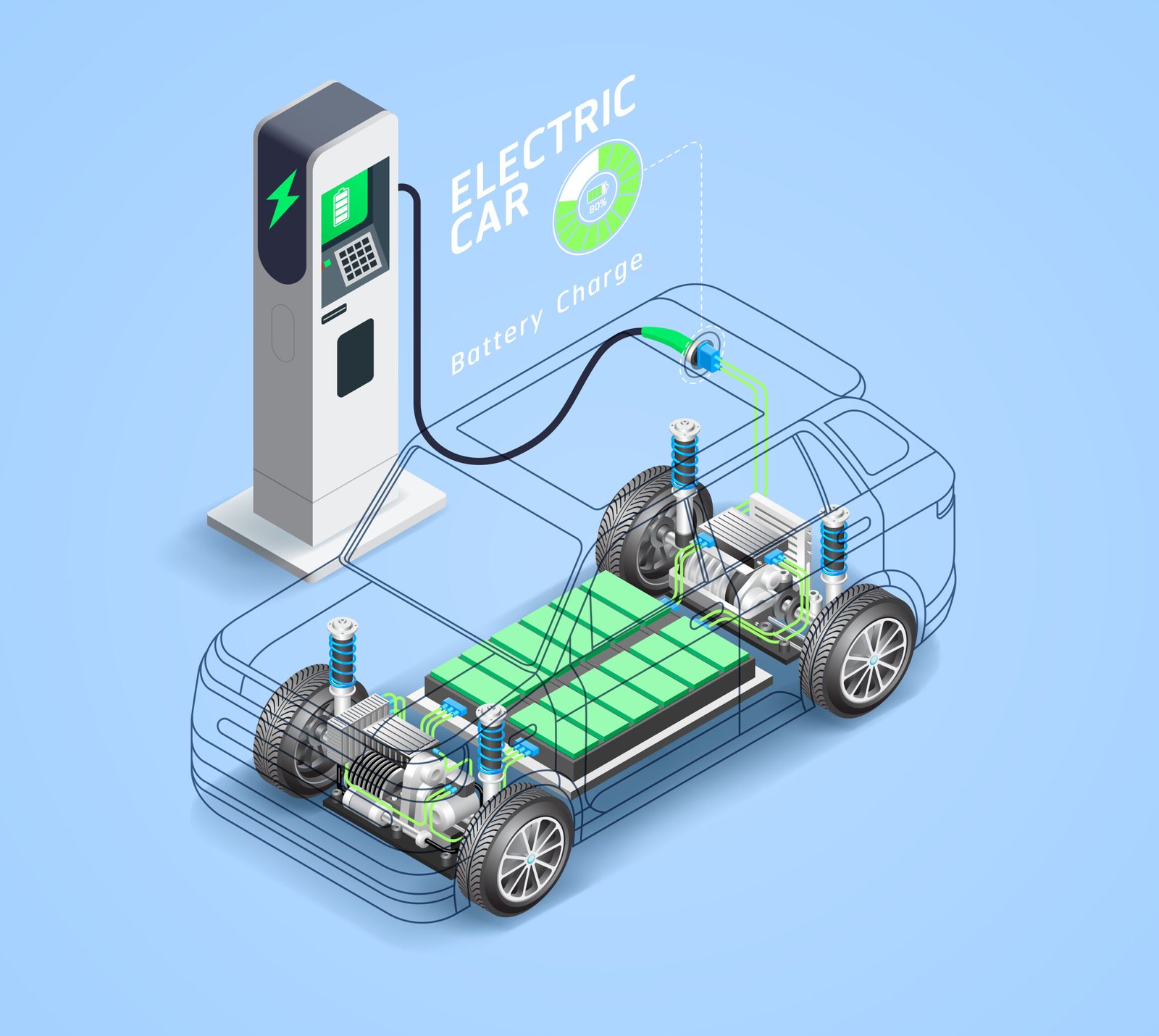Core Features to consider when Evaluating an EV Battery
- Home
- Core Features to consider when Evaluating an EV Battery

Core Features to consider when Evaluating an EV Battery
The following are some of the core features to consider when evaluating an EV battery:
Battery Capacity
Battery capacity refers to the amount of energy that can be stored in the battery. It is measured in kilowatt-hours (kWh) and determines the range of the vehicle. A higher capacity battery will provide a longer range, but it will also be heavier and more expensive.
C-Rate
C-Rate is a measure of how quickly a battery can be charged or discharged. It is expressed as a multiple of the battery’s capacity. For example, a 1C rate for a 60 kWh battery would be 60 kW. A higher C-Rate means faster charging and discharging, but it can also reduce the lifespan of the battery.
Weight
The weight of the battery pack affects the overall weight of the vehicle, which in turn affects its efficiency and range. Lighter batteries are generally preferred, but they are also more expensive.
Size
The size of the battery pack is determined by its capacity and weight. Larger batteries provide longer ranges, but they are also heavier and more expensive.
Power
Power refers to how quickly energy can be delivered to or from the battery. It is measured in kilowatts (kW) and determines how quickly the vehicle can accelerate or how much power it can deliver to accessories. A higher power rating means faster acceleration and better performance, but it can also reduce the lifespan of the battery.
Here’s an example: The Tesla Model S Long Range has a battery capacity of 100 kWh, a C-Rate of 1C, a weight of 1,200 pounds, a size of 85″ x 44″ x 7″, and a power output of 670 hp.
- Share
